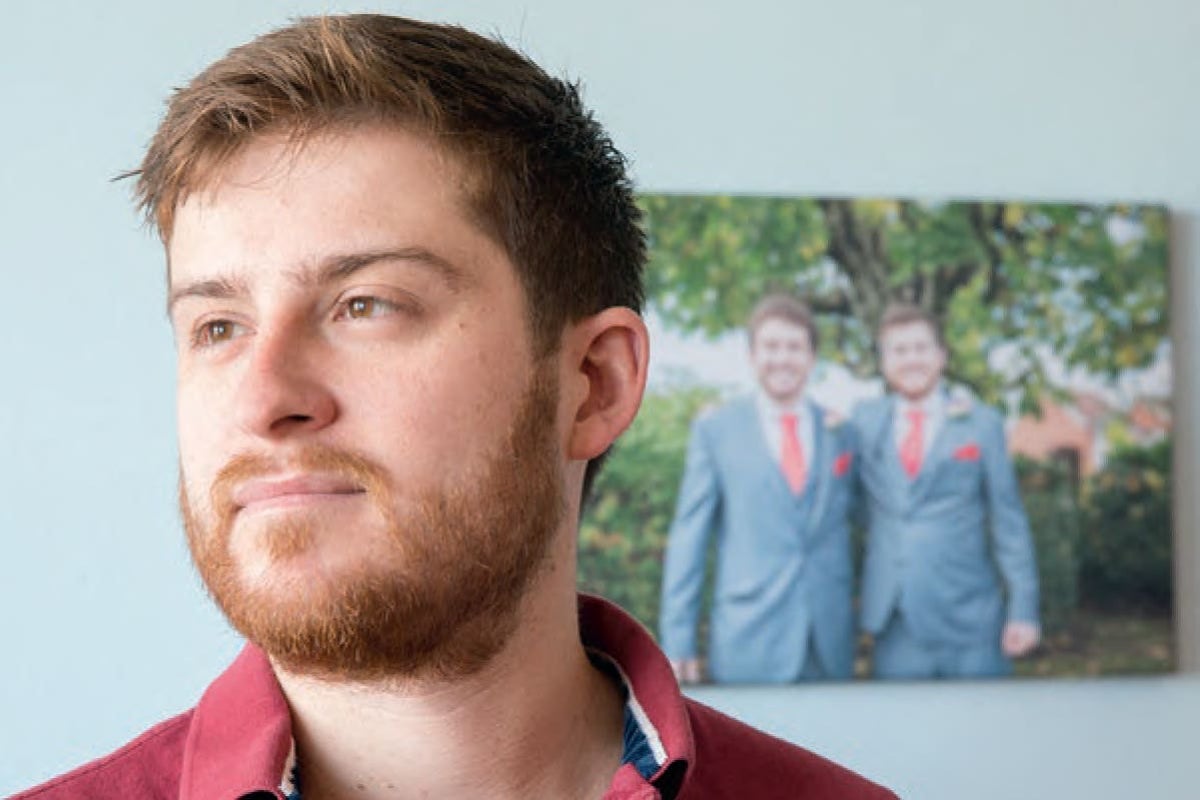
Scientists have found out how some skin cancers stop responding to treatment at the end of life.
The findings allow researchers to see how melanoma evolves to spread to the brain and the liver.
The study also reveals how cancer can beat the most common treatment currently available for people with advanced disease.
Many people with advanced cancer have had previous treatment which was unsuccessful because cancer found ways to overcome it.
We found that melanoma can profoundly alter its genome to hide from the immune system and spread around the body— Professor Samra Turajlic, Francis Crick Institute
Scientists hope this new information about melanoma’s resistance to current treatments will help to deliver new treatments which give people with advanced cancer more time with their loved ones.
An in-depth analysis of 14 patients who died from incurable melanoma found that changes to the order, structure and number of copies of tumour DNA could cause some skin cancers to resist treatment.
These changes also explain how melanoma can spread to other parts of the body, researchers suggest.
Clinical Associate professor at University College London and lead investigator of the Peace study, Dr Mariam Jamal-Hanjani, said: “These results present the most detailed picture yet of what melanoma looks like at the final stages of life.
“We can now see how the cancer evolves to spread to the brain and the liver, and how it can beat the most common treatment currently available for people with advanced disease.”
Consultant Medical Oncologist at the Melanoma Unit at the Royal Marsden and Research Group Leader at the Francis Crick Institute, Professor Samra Turajlic, said: “Treatment options for patients whose melanoma that returned or spread have improved dramatically in the last decade.
“But sadly, almost half of melanoma patients still lose their lives to their cancer.
“To understand why existing treatments sometimes fail, we need to know what happens in the final stages of their cancer.
“It’s difficult, but the only practical way to do this is to analyse tumour samples after people have died from their cancer.
“We found that melanoma can profoundly alter its genome to hide from the immune system and spread around the body.
“These profound changes are highly complex, but we’re hopeful that we can now find ways to target them in the clinic.
“None of this would have been possible without our patients and their families, who were willing to take part in this study at the hardest point in their cancer journey.
“Their selfless commitment to helping others through science is a huge source of inspiration to our clinical and research teams.”
The findings have been welcomed by relatives of people who consented to take part in the Peace study, to help others who are facing the emotional and physical pain of an advanced cancer diagnosis.
Dave Sims, 35, originally from Bristol, lost his twin Mark to melanoma when he was just 28.
Mark, a doctor living in London, was first diagnosed with melanoma at the age of 15, and despite having the tumour removed, it returned 12 years later and doctors discovered that it had spread to other parts of his body.
When his cancer returned, Mark was looked after by the Melanoma Unit at The Royal Marsden.
Before his death in January 2017, Mark gave his consent to take part in the Peace study – which is shedding light on the final stages of life with cancer by analysing tumour samples taken from post-mortem examinations with informed consent.
Dave Sims said: “Not a day goes by when I don’t feel emotional about his decision to sign up for the Peace study.
“Even though he’s not here to benefit from it, his (Mark’s) decision to donate tissue for this research will help save the lives of many people who are in a similar position.
“Research takes a long time, but the wait has been worth it.
“I feel that I now have some answers about what happened with Mark’s cancer and I am heartened that this knowledge is moving us closer to the day where no family has to face the same pain and heartache that we have endured.”
In the study, the scientists took 573 samples from 387 tumours from 14 patients with advanced melanoma.
Analysis revealed that 11 out of the 14 patients in the study had lost functioning genes that enable certain drugs to help the immune system recognise and attack the cancer.
This loss occurs because the cancer can either make multiple copies of defective versions of the genes, or use circular rings of DNA from outside the chromosome (called extrachromosomal DNA) to override normal copies of the genes.
The study, led by scientists and clinicians at the Francis Crick Institute, UCL and The Royal Marsden, is published in the journal Cancer Discovery.







